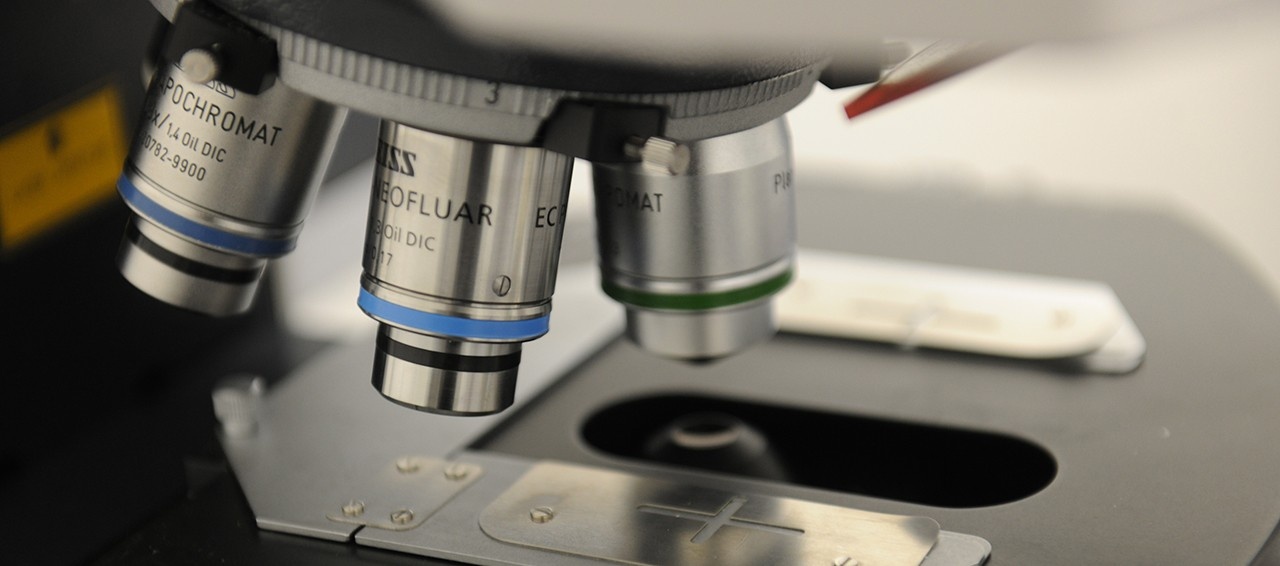Alan Fine
Professor, Department of Physiology and Biophysics, School of Biomedical Engineering

Contact
Alan Fine, PhD
Email: a.fine@dal.ca
Phone: 902-494-1251
Web: http://www.physiology.dal.ca/people/faculty/homepage.php?fid=1
My laboratory investigates the mechanisms of information processing and storage in the central nervous system, as well as the development and application of advanced optical imaging methods for neuroscience, including extrinsic and genetically-encoded fluorescent ion and voltage indicators in conjunction with multiphoton, confocal- and fast CCD-imaging.
Our Group
We study the cellular, molecular and network processes through which the brain processes and stores information. Our approach is interdisciplinary, examining mechanisms that operate at a variety of levels. Most of our effort, however, involves experimental studies of synaptic signalling and plasticity. We use advanced optical methods including fluorescent ion and voltage indicators in conjunction with multiphoton-, confocal- and fast CCD-imaging to investigate neurotransmission at individual synapses in brain tissue. In this way, we discovered that single synaptic activation evokes calcium-induced calcium release (CICR) from internal stores within spines.
Projects
| Investigating the activation of individual excitatory synapses by observing rapid changes in fluorescence in postsynaptic dendritic spines of neurons filled with fluorescent calcium indicators. |
| Resolving how large synaptically evoked Ca2+ transients in dendritic spines underlie long-term synaptic plasticity and memory. |
| Determining the relationship between long-term potentiation and morphological changes in spines and/or boutons of neurons. |
| Examining the role of releasable calcium stores in local signalling and integration within the neuron. |
Selected Publications
| The expression of long-term potentiation: reconciling the preists and the postivists. MacDougall MJ, Fine A. Philos. Trans. R. Soc. Lond. B Biol. Sci.(2013) 369(1633):20130135. |
| Experience-dependent versus experience-independent postembryonic development of distinct groups of zebrafish olfactory glomeruli. Braubach OR, Miyasaka N, Koide T, Yoshihara Y, Croll RP, Fine A. J. Neurosci. (2013) 33(16):6905-16. |
| Are binary synapses superior to graded weight representations in stochastic attractor networks? Satel J, Trappenberg T, Fine A. Cogn. Neurodyn. (2009) 3(3):243-50. |
| Expression of long-term plasticity at individual synapses in hippocampus is graded, bidirectional, and mainly presynaptic: optical quantal analysis. Enoki R, Hu YL, Hamilton D, Fine A. Neuron (2009) 62(2):242-53. |
| Olfactory conditioning in the zebrafish (Danio rerio). Braubach OR, Wood HD, Gadbois S, Fine A, Croll RP. Behav. Brain Res. (2009) 198(1):190-8. |
